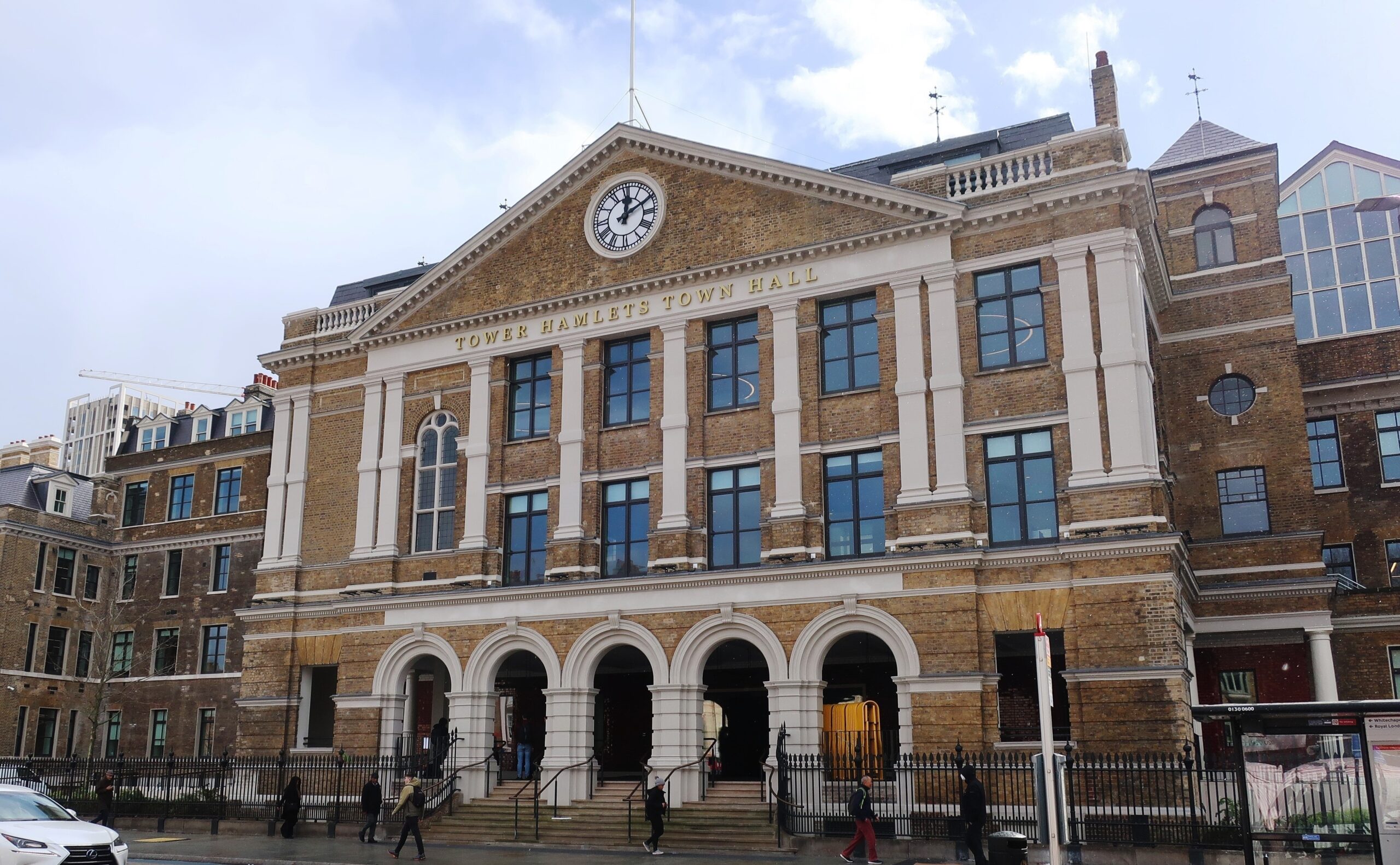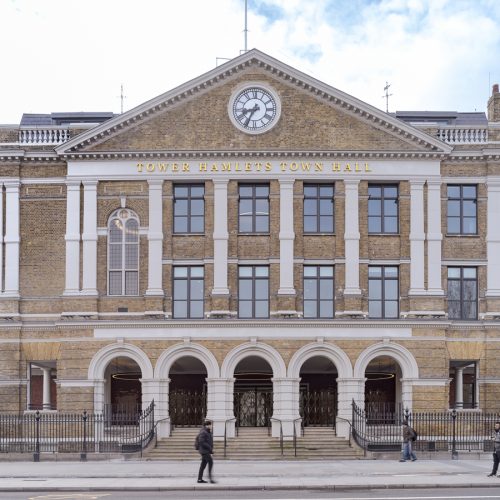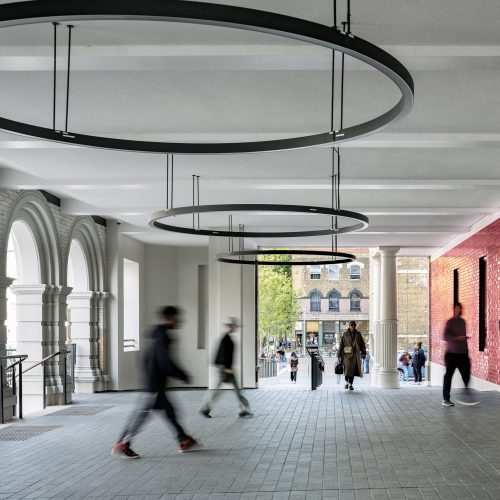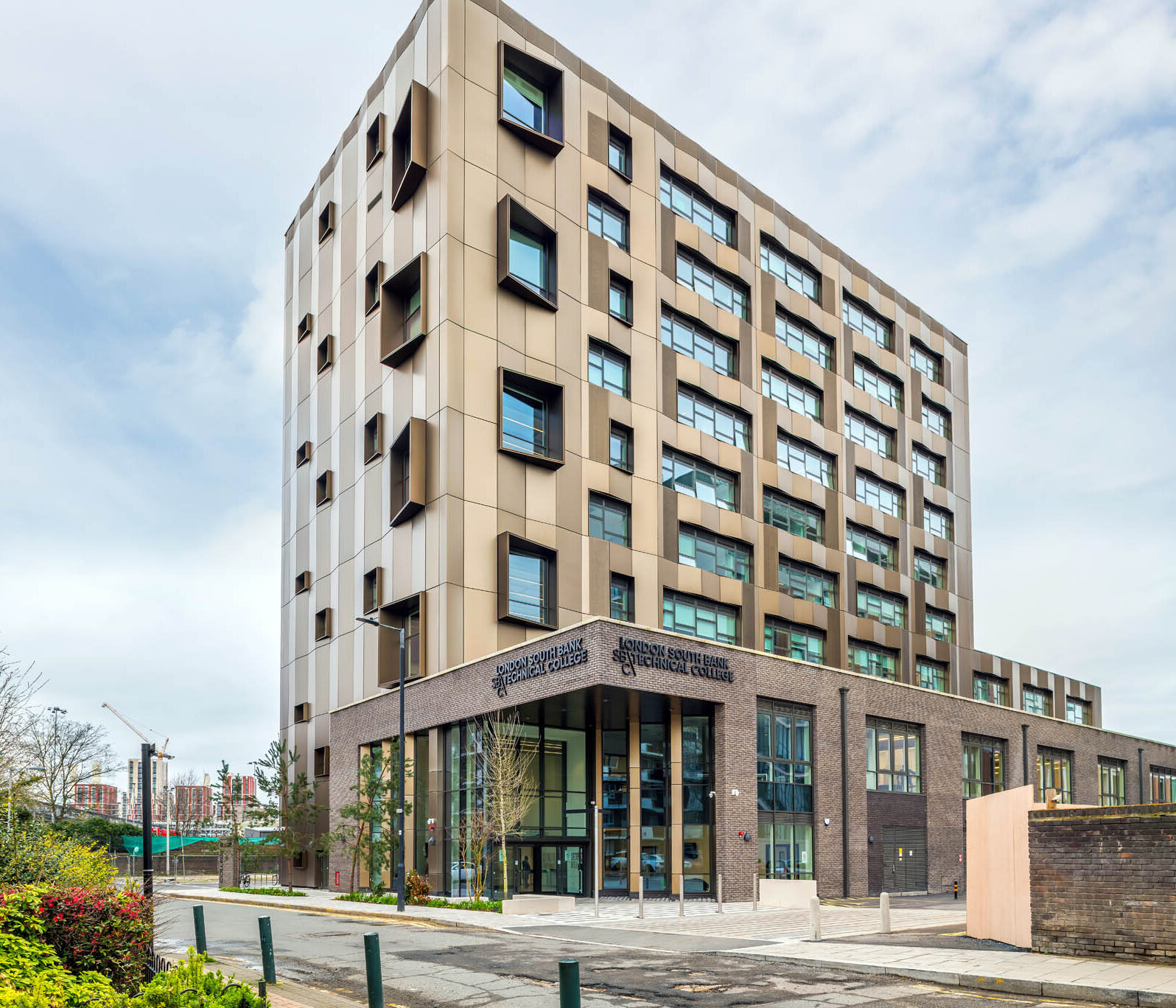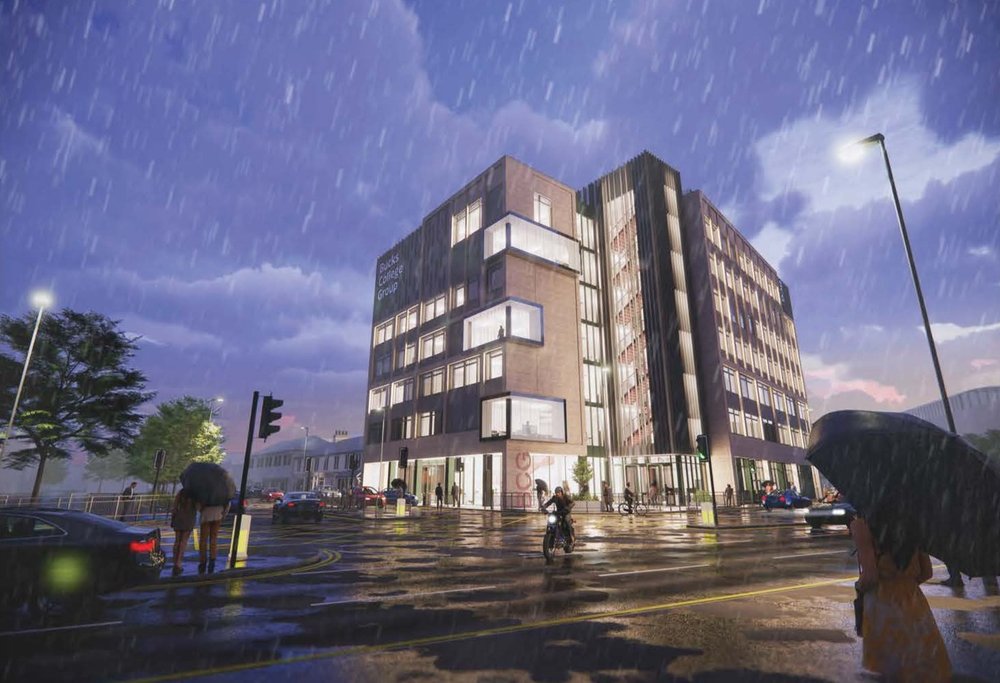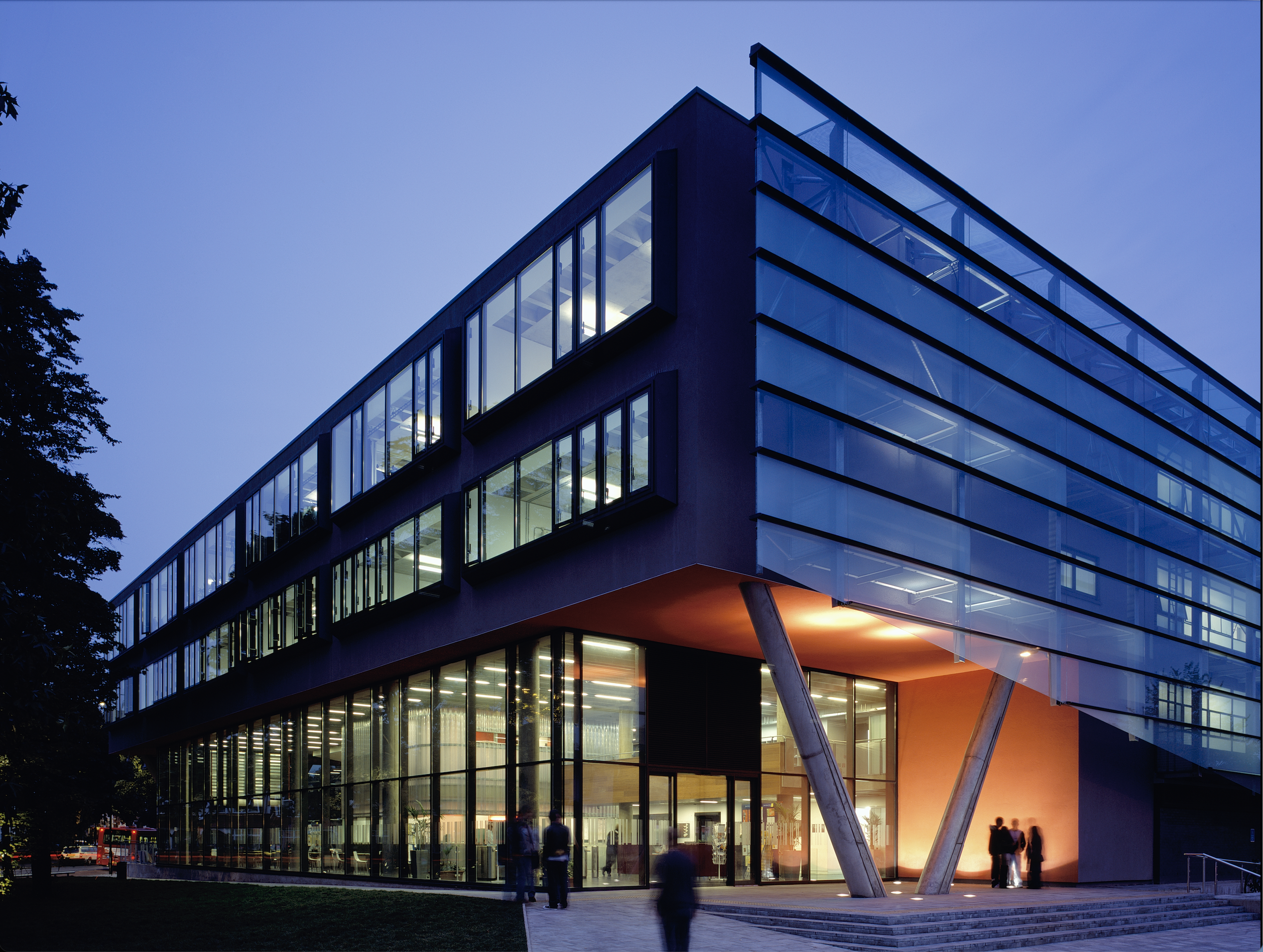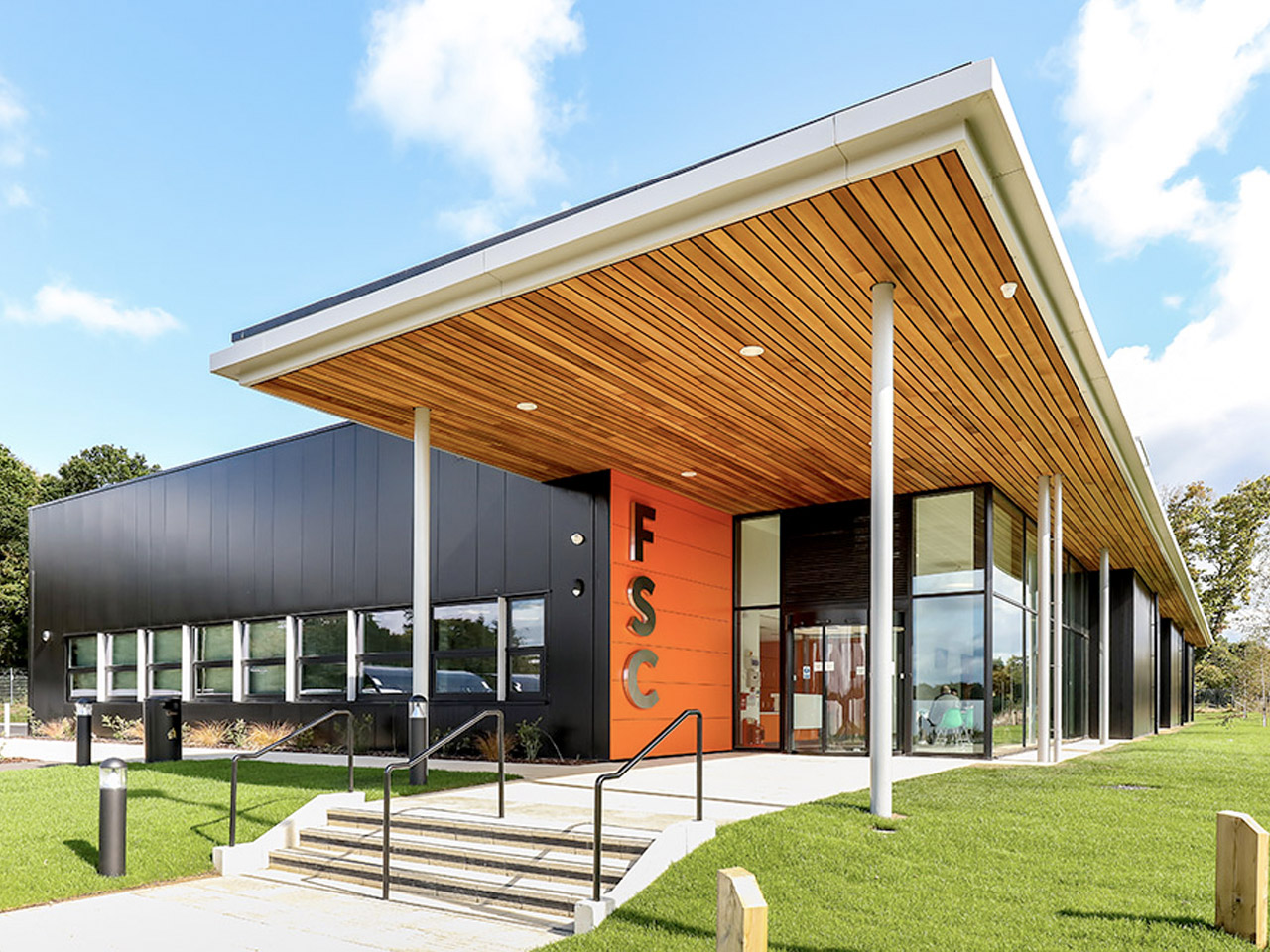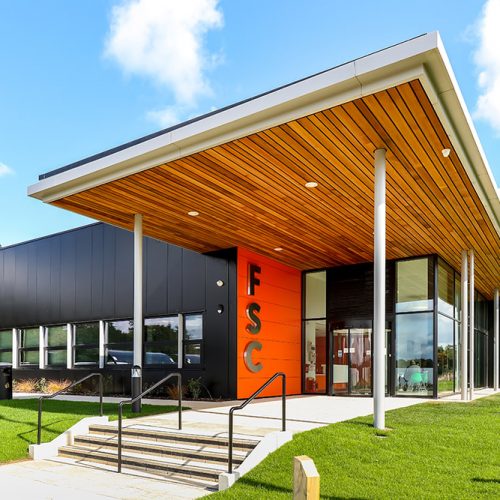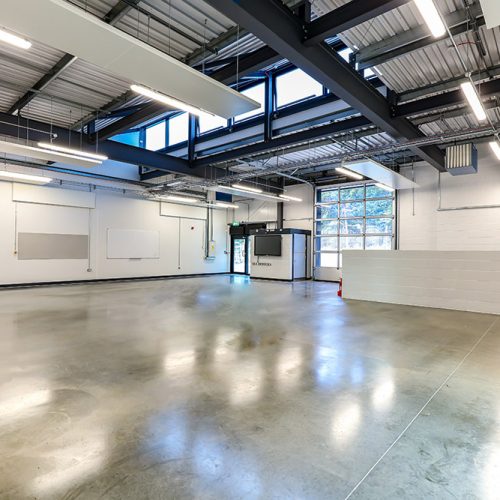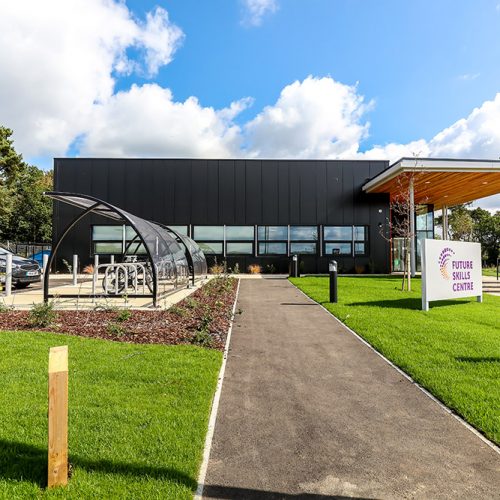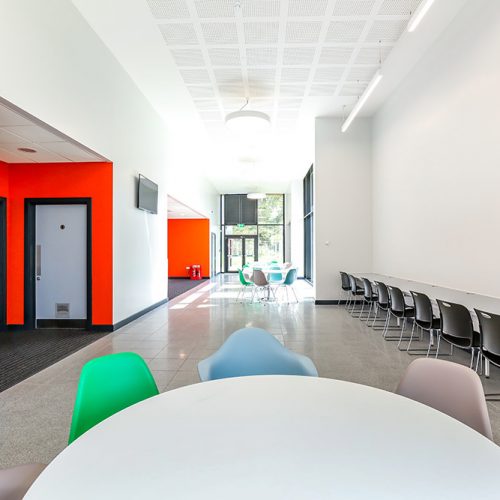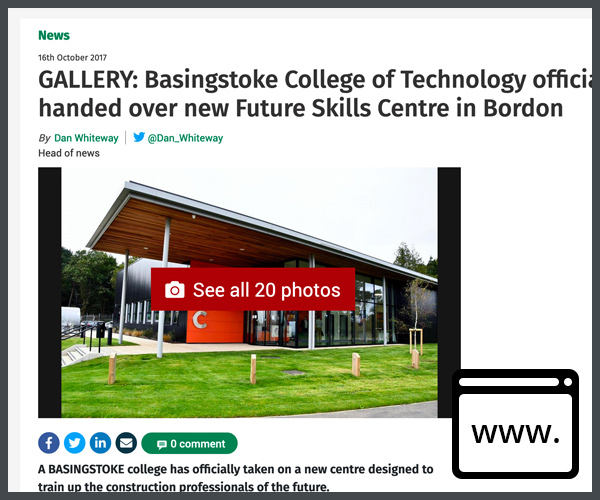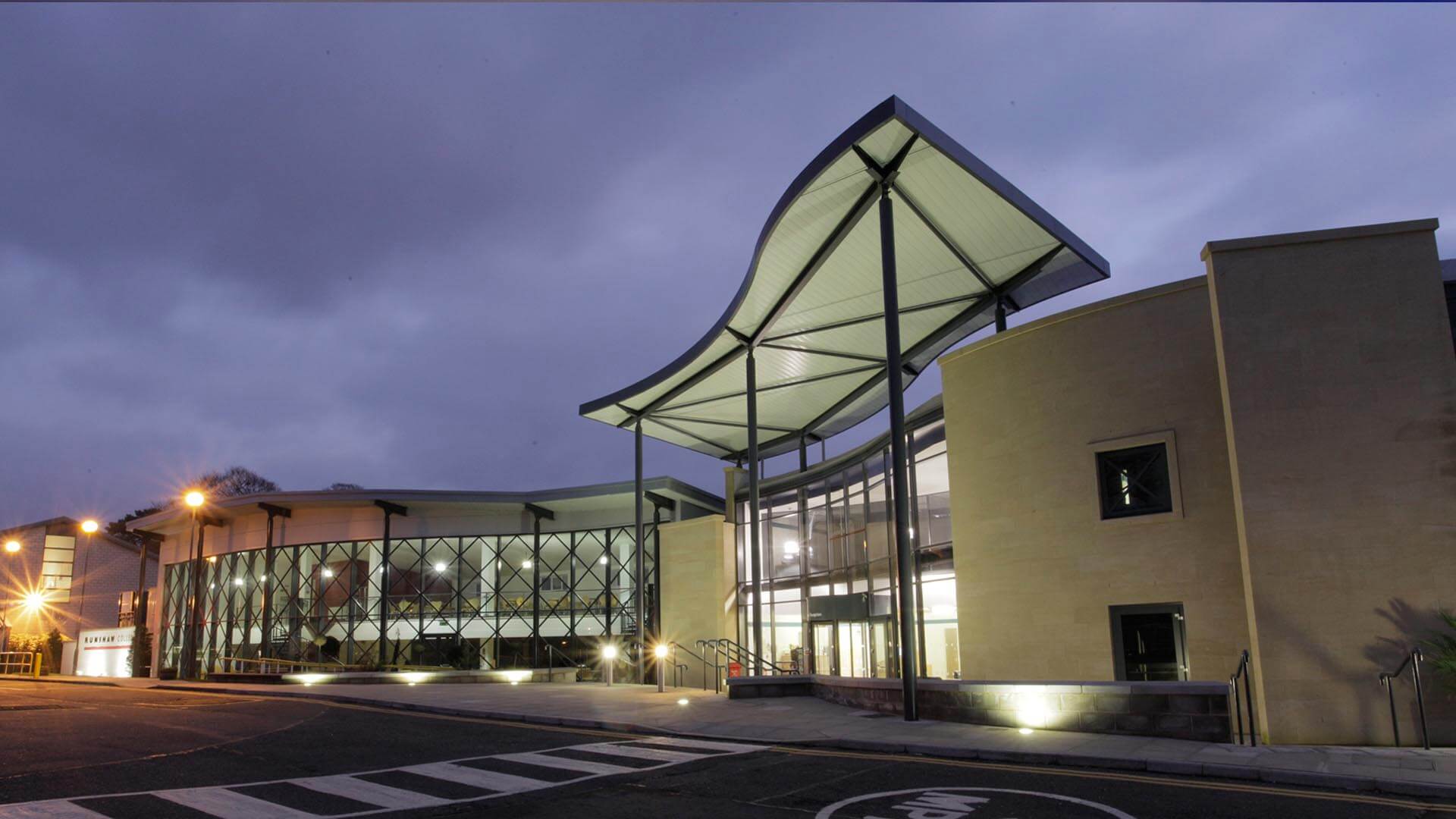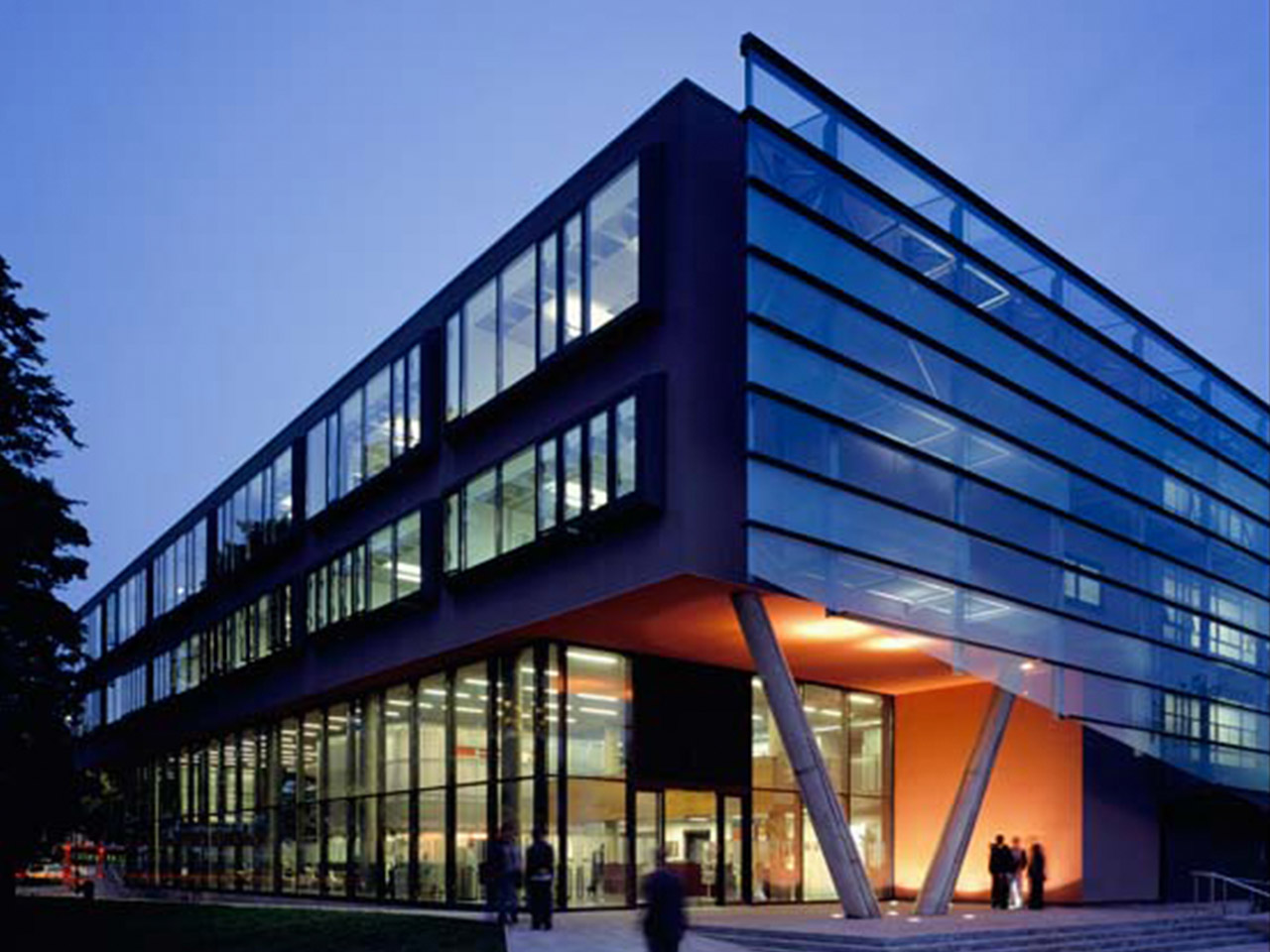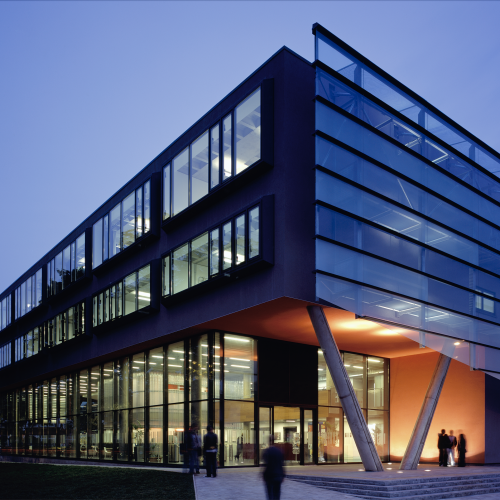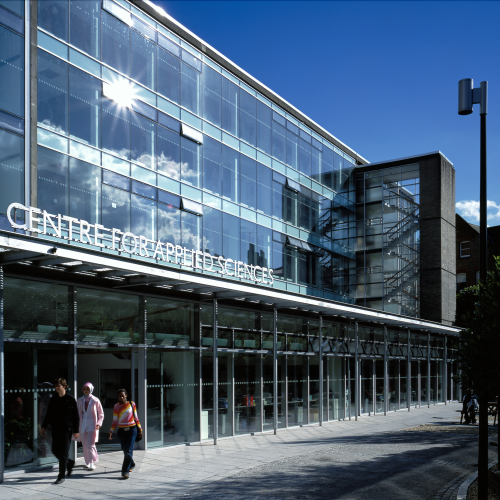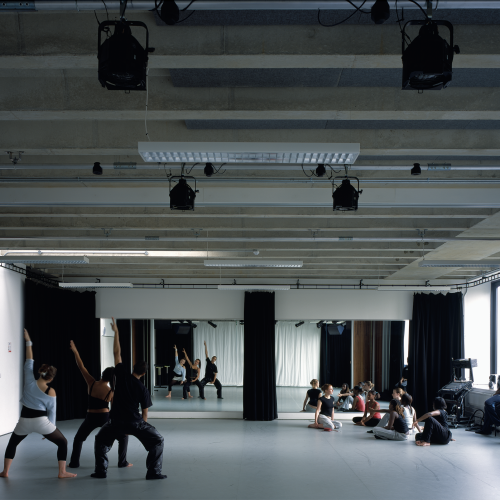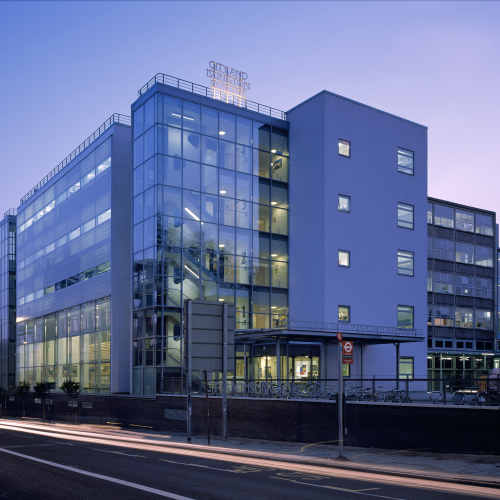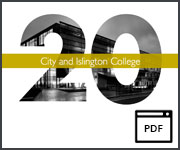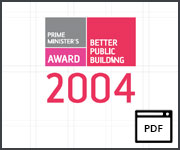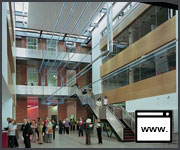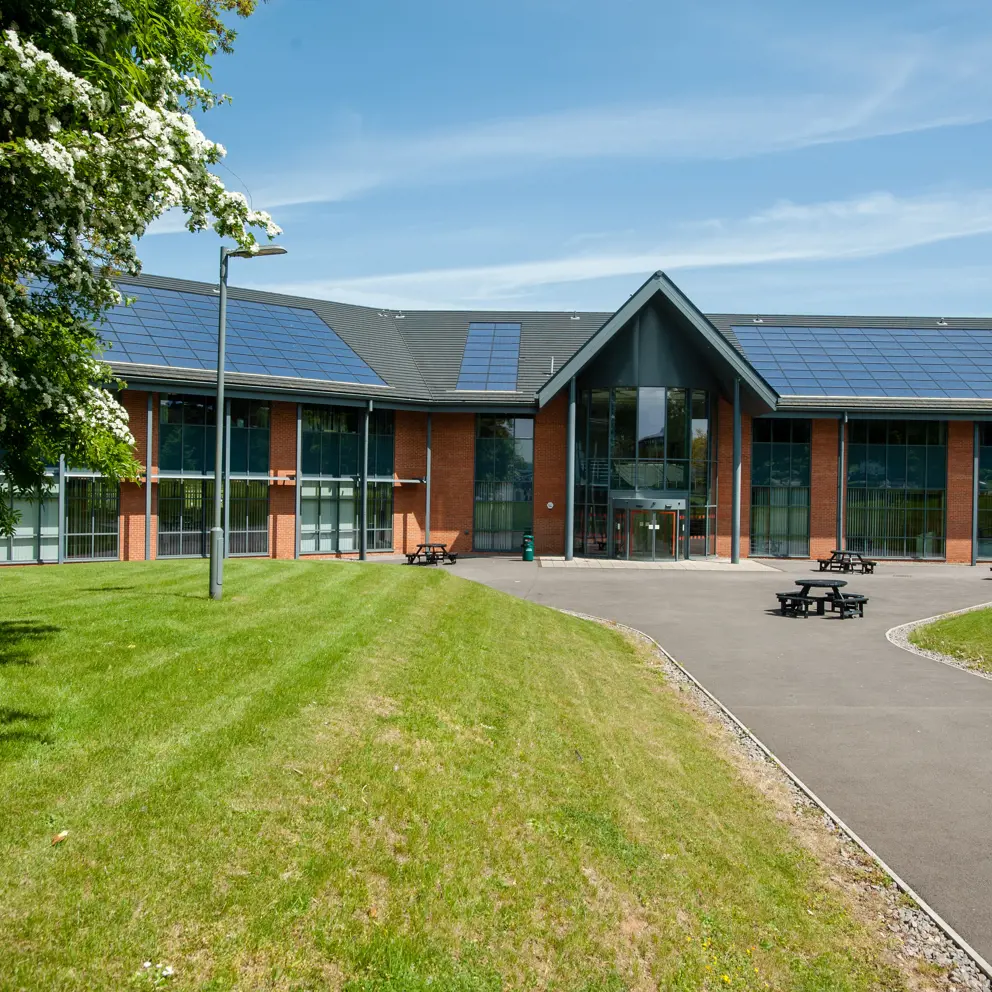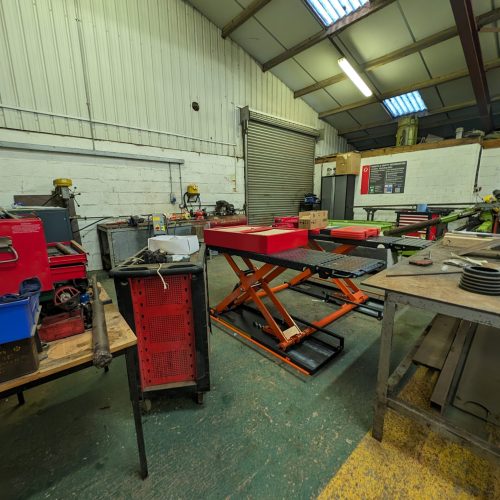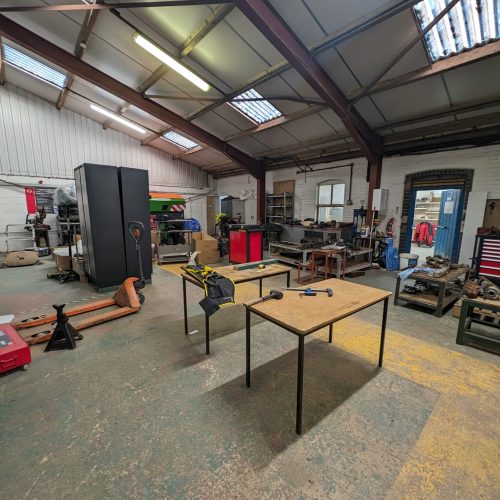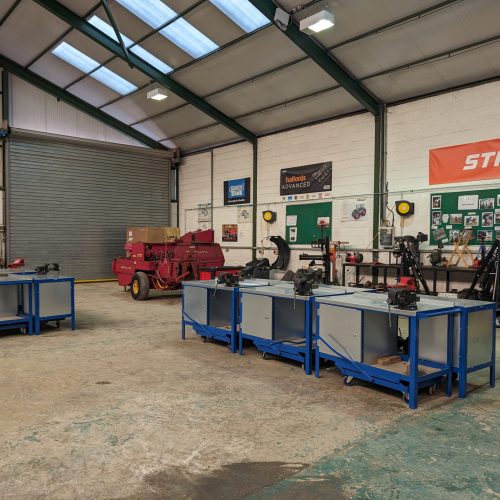Tower Hamlets Town Hall
Introduction
Tower Hamlets Town Hall project is one of the most significant building regeneration projects to take place in London. In renovating and repurposing the unoccupied Royal London Hospital as the new permanent residence for the London Borough of Tower Hamlets the Council will be breathing new life into this landmark building whilst bringing public services together in Whitechapel.
First opened in 1759 the Georgian hospital has been a site of esteemed medical history from the care provided in treating injured soldiers in both world wars, pioneering heart surgery, and providing training The for two centuries’ of young doctors.
Overview
PMc are the Strategic Client Advisors on this landmark scheme and have supported the project from its infancy. In 2015 we helped to write the business case to review alternative options for the location of the town hall and refurbishment of the former hospital. Peter has continued to support the Council and its in-house team of client project managers in the development of detailed plans for the restoration and new build through to planning, the appointment of the main contractor (Bouygues UK) and the commencement of construction on site.
Key Facts
Heading #1 | |
|---|---|
Start on Site | August 2018 |
Completion Date | January 2023
|
Total Project Area (m²) | 24,000m² |
Total Project Budget | £135,000,000 |
Funder | London Borough of Tower Hamlets |
Architects | AHMM |
Cost Consultant and Contract Administrator | Turner & Townsend |
Strategic Client Advisor | PMc |
Main Contractor | Bouygues |
The Projects Objectives are:
- To provide a ground floor accessible, free-flowing interface between members of the public and the council;
- Facilitate relocation of council administrative, democratic and customer activities from several rented premises into the new Town Hall;
- Bring an Historical Landmark building back to public life preserving its use for future generations.
Additional project benefits:
- Within 8 years, following sale (or re-use) of current offices the council will recover the project costs and start generating annual savings in running costs;
- Enhanced public accessibility in a new location next to Whitechapel’s new transport hub at the heart of Cross-rail.

